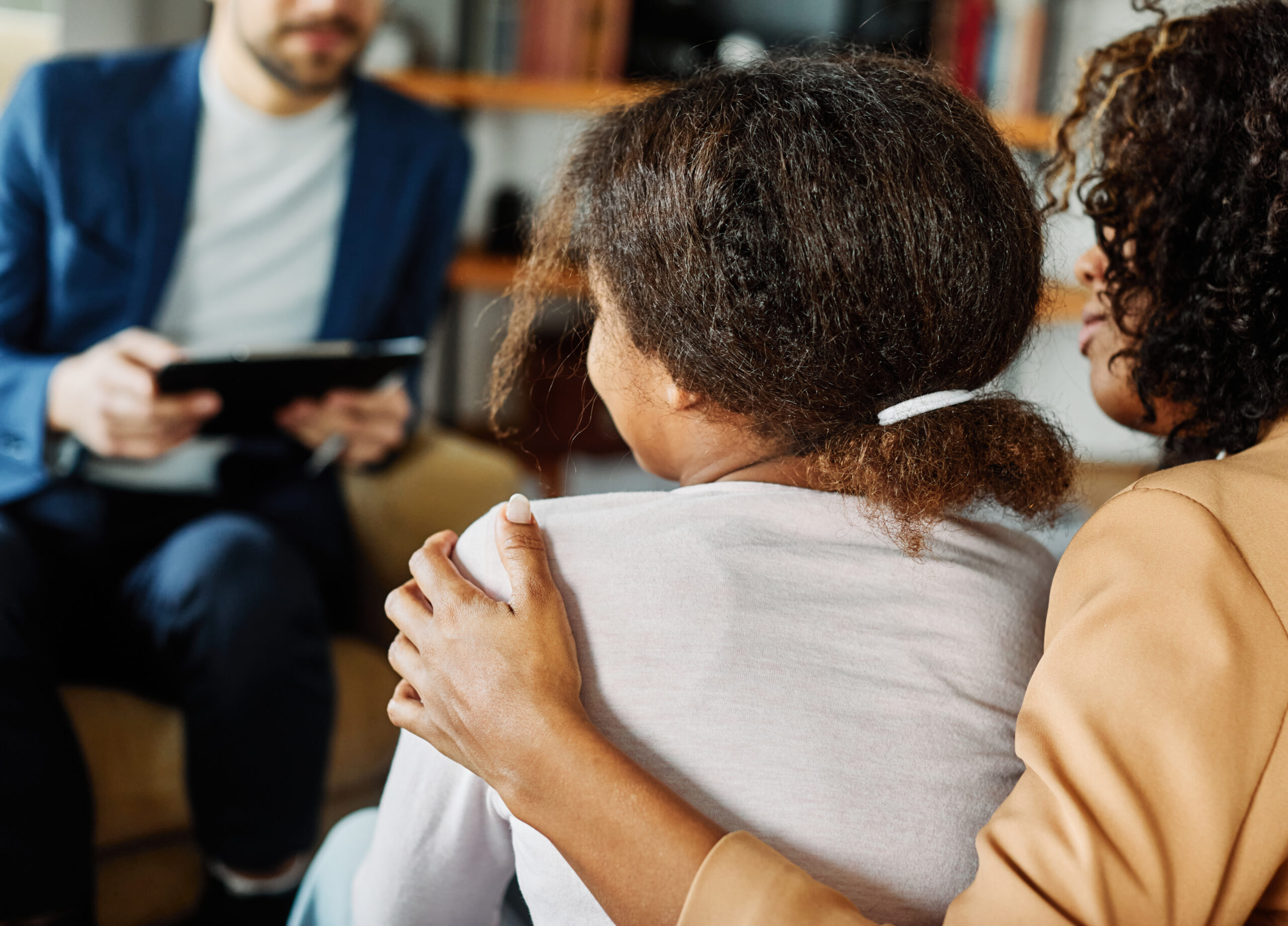latest
NHS failing to treat children with mental health problems
Freedom of information requests show wide variation between trusts in waiting times for mental health treatment
“Most mental health conditions develop in the teenage years and if we don’t acknowledge and address them when they arise they can cause misery on a grand scale, putting children and young people at risk of suicide, self-harm and chronic conditions and leaving many spending much of their life dependent on the state for health care and financial support.” Anne Longfield, former children’s commissioner
The NHS has failed to treat 250,000 children experiencing mental health problems, according to research published by The House, the parliamentary magazine.
Freedom of information requests sent by the publication to 70 trusts and boards providing mental health services to children found that average waits for a first appointment ranged from 10 days in one trust to three years in another. One trust turned away 60% of all referrals.
Sussex Partnership Trust NHS Foundation Trust, the second biggest in the country with more than 30,000 referrals last year, turned away almost 12,000 young people last year and had an average wait for a first appointment of more than 20 weeks. Last December, it met only 6% of its target to see 80% of cases within four weeks in Hampshire and 16% in Sussex.
One mother told The House that she had watched her adopted daughter’s health deteriorate to such an extent she became suicidal and unable to stay in the family home after failing to get the help needed from Child and Adolescent Mental Health Services (CAMHS).
She said: “We first went when she was six or seven. She was eventually diagnosed with ASD and Foetal Alcohol Spectrum Disorder. The first psychiatrist we saw at CAMHS agreed she needed medication. However, she retired and we waited 18 months for a replacement, during which time our daughter really started to struggle. Then we learned we had been discharged and had to join the queue again. When we were seen, we were denied a psychiatrist and offered talking therapy which just was not appropriate so we left.
“In the decade since we have sought private therapies. She has attempted suicide, self-harmed and become violent at home. We finally got the medication we had been asking for after she was referred back to CAMHS from A&E a decade later and things have changed dramatically but she is now in a residential school. If she had got the help she needed earlier, I do not believe that would have been necessary.”
Children need ‘urgent help’
In 2021-22, trusts raised the threshold at which they would offer support, resulting in hundreds of thousands of children being turned away or abandoning treatment after long waits.
Anne Longfield, the former children’s commissioner, expressed concern about the problem: “Most mental health conditions develop in the teenage years and if we don’t acknowledge and address them when they arise they can cause misery on a grand scale, putting children and young people at risk of suicide, self-harm and chronic conditions and leaving many spending much of their life dependent on the state for health care and financial support.”
Longfield told the Guardian she had heard repeated stories of children who had attempted suicide failing to be offered support because they did not meet a threshold of multiple attempts. “First there is a judgment of whether they actually meant it,” she said, adding: “The threshold is so high because the system is buckling. It was struggling pre-Covid but the pandemic poured rocket fuel on it.”
The current children’s commissioner, Dame Rachel de Souza, told the paper that the findings echoed her own recent research: “We’re seeing waiting times increase for the first time in years, and evidence of an increasing postcode lottery for children referred for treatment.”
Olly Parker, head of external affairs at the charity Young Minds, said the figures showed that “the system is in total shutdown yet there is no clear government plan to rescue it.” He added: “In the meantime, young people are self-harming and attempting suicide as they wait months and even years for help after being referred by doctors. This is not children saying, ‘I’m unhappy.’ They are ill, they are desperate and they need urgent help. We hear about parents sleeping on their children’s floors to keep them safe, children out of education for months and years while they wait for help. It is not an exaggeration to say it is life and death. How can we as a society allow this?”
FCC Insight
These figures show that a quarter of a million children and young people are being turned away from receiving the mental health support they desperately need. The decision last year by many mental health trusts to raise the threshold at which children young people could receive treatment was prompted by an inability to meet demand, but as a result many now feel abandoned. There is an urgent need to put more resource into mental health services, but also to explore new ways of preventing children reaching crisis point by improving services in the community and offering support in schools.
